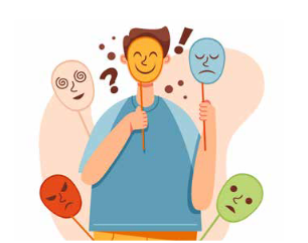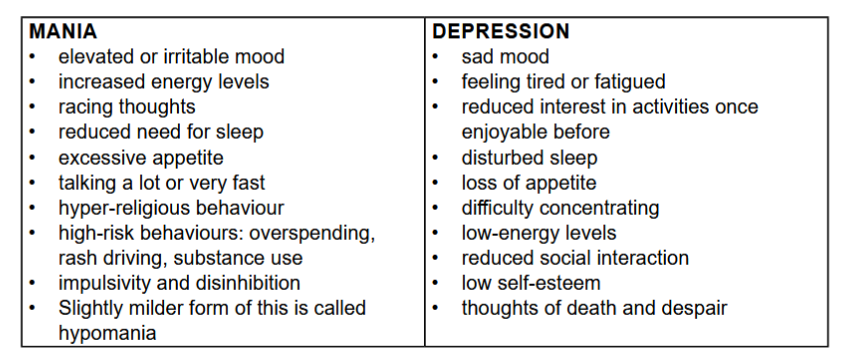From Stigma to Support Raising Awareness about Bipolar Disorder

Bipolar disorder (BD) is a multidimensional chronic mood disorder that affects about 45 million people worldwide, that is, about 2-3% of the general population and about 0.49- 0.51% of the Indian population (National Mental Health Survey 2015-16). It is said to be the sixth leading cause of disability worldwide.
As the name suggests, the mood of people with BD can fluctuate between two ‘poles’, highs of mania and lows of depression. These are not just ‘mood swings’, but persistent emotional states that significantly affect the general functioning of the individual.
Symptoms of bipolar disorder to watch for are:

Is it treatable?
BD can be managed very well with a comprehensive holistic treatment plan. This includes a detailed evaluation, medical and psychological examination, medications such as mood stabilisers, antipsychotics, and antidepressants, along with psychosocial therapy and support, with regular follow-up. The role of family, society, and healthcare professionals is the key to ensuring a nurturing environment for the individual.
Despite these difficulties, persons with BD can lead well-rounded and fulfilling lives. Many celebrities, including Selena Gomez, Mel Gibson, and Demi Lovato, have spoken openly about living with BD and advocated for it. However, the stigma surrounding BD in society leads to social isolation and delayed help seeking. Breaking these barriers is crucial to promoting acceptance and empowerment for people with BD.
The vision of World Bipolar Day is to raise world awareness to bipolar disorders, to eliminate social stigma and to discrimination, and improve the allocation to research on bipolar disorders.
‘What can I do?’
- Educate yourself about warning signs and symptoms : Read, Recognise & Refer
- Be Open : Create a safe listening space, ask respectful questions, and be present.
- Reduce Stigma: Help break down stigmas by promoting a culture of acceptance and understanding
Educate others: share personal experiences, distribute informative articles or posts, engage in conversations about the disorder, participate in support groups and events.
Show your support for organisations that work for mental health causes
Remember that every small action counts, and collective efforts can lead to significant positive change. As we strive for a more compassionate and inclusive society, let us remember that awareness is not a destination, but a journey that requires ongoing effort, education, and compassion to create a brighter future for all.




